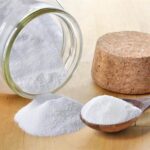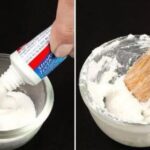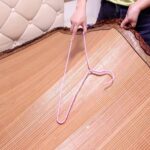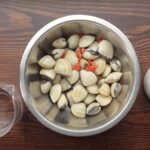It’s easy to overlook the drains in our sinks and bathtubs, but these areas can benefit from regular cleaning to prevent unpleasant odors and blockages.
With daily use, it’s inevitable that our kitchen sinks will accumulate food debris and grease, especially during the summer months when the heat can exacerbate odors. Here are some quick and easy tips to keep your drains fresh and flowing freely in just a few minutes!
1. Boiling Water
A simple and effective way to combat drain odors is to pour a cup of boiling water down the sink. This not only disinfects but also helps to eliminate any unpleasant smells.
For best results, use a large pot of freshly boiled water and follow up by running the tap for a few seconds to flush away any remaining residue.
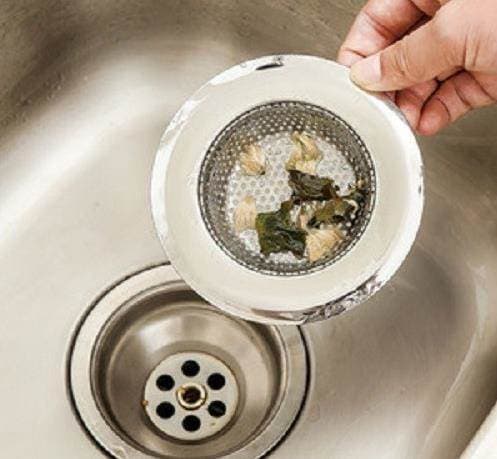
White vinegar is a powerhouse when it comes to cleaning! The unpleasant odors emanating from your sink are often caused by mold and bacteria, which thrive on the organic matter that builds up over time. The acidic nature of vinegar helps to neutralize these odors.
Pour a generous amount of white vinegar directly into the drain and let it sit for about half a day. Follow up by thoroughly rinsing the sink and drain with clean water to ensure a fresh-smelling kitchen!
Additionally, the acetic acid in vinegar is effective at killing bacteria, ensuring a hygienic cooking space.
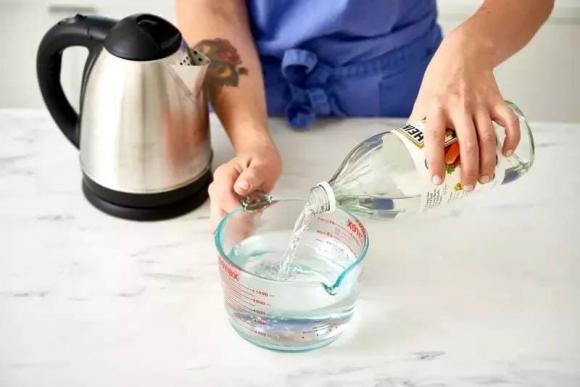
3. Grapefruit Peel
Not only are grapefruits delicious, but their peels also have a unique ability to absorb odors. The white, spongy part of the peel contains natural oils that help eliminate unwanted smells.
Cut the grapefruit peel into small pieces and place them in a pot. Add water and bring it to a boil for about 10 minutes. After removing the peels, pour the hot grapefruit water down the drain. Repeating this process once or twice a week will keep your sink smelling fresh.
This method not only eliminates odors but also helps to break down grease that may have built up in the pipes. If fresh grapefruit peels are unavailable, you can dry and store them for later use.

4. Baking Soda and Hot Water
For stubborn sink odors, baking soda is your friend. Simply sprinkle some baking soda directly into the sink and follow it up with a generous amount of hot water.
Let this mixture sit for about 5 to 10 minutes before thoroughly rinsing the sink with clean water.
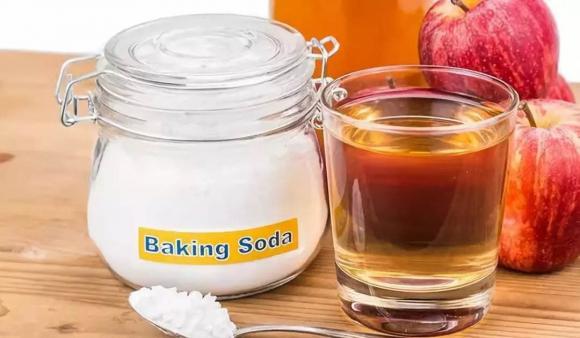
5. Baking Soda and White Vinegar
Baking soda and white vinegar are a dynamic duo when it comes to tackling odors. If your sink’s drain filter is long overdue for a clean and has started to emit unpleasant smells, this combination will save the day.
Start by sprinkling some baking soda into the filter, followed by a splash of white vinegar to loosen any built-up grime. Let this mixture sit for about five minutes to ensure thorough disinfection. Finally, pour freshly boiled water down the drain to wash away the residue and odors.
For an extra boost of freshness, add a few drops of your favorite cleaning agent. This will not only enhance the scent but also provide additional disinfecting power!
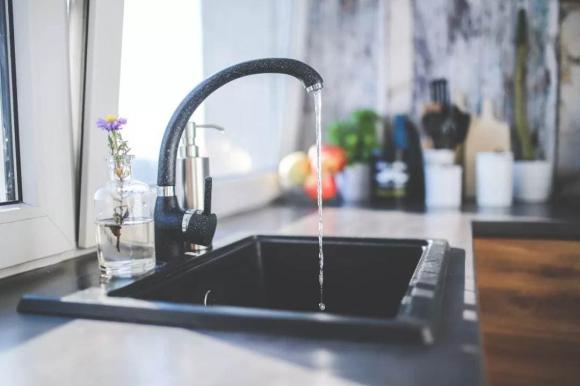
6. Baking Soda and Lemon Juice
Lemon juice, like white vinegar, has antibacterial properties and reacts with baking soda to create a fizzing action that helps break down buildup. If you prefer a more subtle scent, lemon juice is a great alternative to vinegar.
While using lemon juice may seem indulgent, it’s a wonderful way to infuse your kitchen with a gentle, refreshing aroma. Plus, it’s a great way to make use of leftover lemons after cooking, reducing waste and keeping your kitchen smelling lovely!
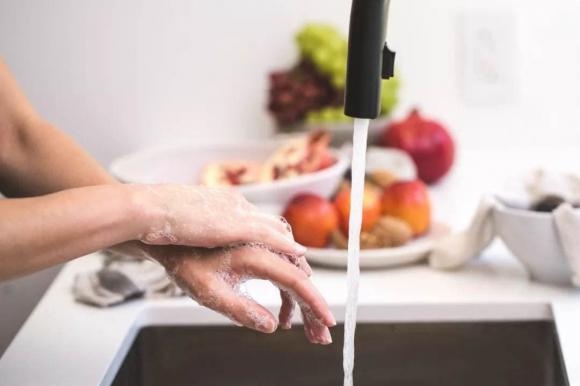
With these simple tips, you can keep your kitchen smelling fresh and inviting, making it a joy to cook and spend time in. Say goodbye to unpleasant drain odors and hello to a clean, fragrant space!
Source: Cong Ly & Xa Hoi
What to Check First When You Enter a Hotel Room?
As a discerning traveler, you know that a hotel room’s cleanliness can make or break your stay. So, where should you begin your inspection? The bed, of course! A quick once-over of the sheets and mattress can reveal a lot about the hygiene standards of the establishment.
A bed is the heart of a hotel room, and a clean, comfortable one is essential for a good night’s rest. So, before you unpack your bags, take a moment to inspect the bedding. Are the sheets crisp and fresh, or do they appear worn and tired? Is the mattress firm and inviting, or does it sag in the middle? These are tell-tale signs that will give you an instant impression of the room’s overall cleanliness.
A quick inspection of the bed can save you from a world of discomfort and give you peace of mind, ensuring your stay is off to a great start.

























